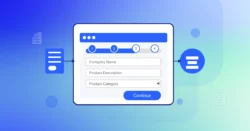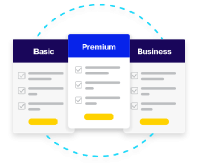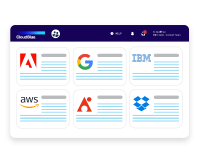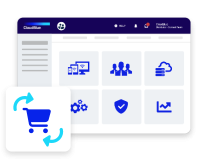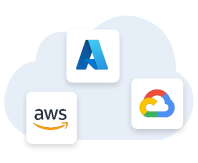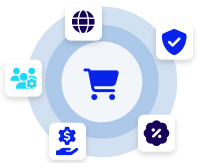Intellectual Property (IP) refers to a category of legal rights that protect creations of the mind, such as inventions, literary and artistic works, symbols, names, and designs. In Software-as-a-Service (SaaS), IP refers to the legal rights that protect the software, algorithms, code, and other intangible assets that are used to provide the SaaS offering.
There are several types of IP that may be relevant to SaaS, including patents, copyrights, trademarks, and trade secrets. Patents may be used to protect unique and innovative software algorithms or processes that provide a competitive advantage. Copyrights may be used to protect the original code and content used in the SaaS offering. Trademarks may be used to protect the brand name, logo, and other distinctive features of the SaaS offering. Trade secrets may be used to protect confidential information, such as algorithms or processes, that provide a competitive advantage.
In the SaaS industry, IP is an important consideration for both SaaS providers and their customers. SaaS providers must ensure that they have the necessary rights and permissions to use any third-party IP in their offering, and that their own IP is adequately protected. Customers, on the other hand, must ensure that they are not infringing on any third-party IP when using the SaaS offering, and that they have the necessary rights and permissions to use any IP created or licensed by the SaaS provider.




